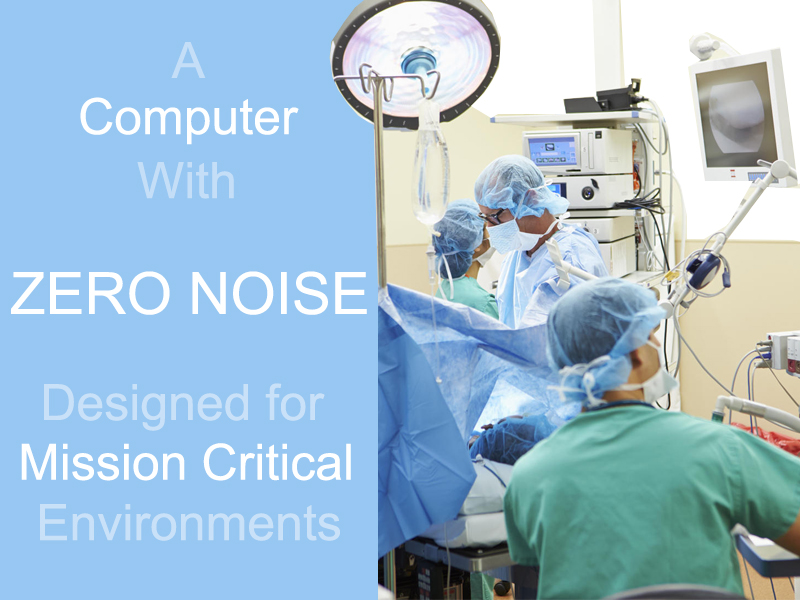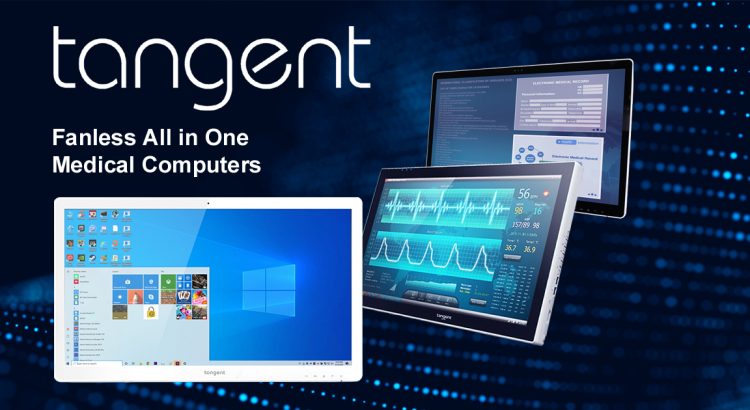During these hot summer months, turning on a fan can help you cool off. Fans are everywhere, from residential homes to restaurants and even offices. But while fans certainly have a place in our lives, there is one area they simply don’t belong: medical grade computers. In addition to cooling people off, fans have the […]
Tag: fanless computer

The Surgical Environment and Noise-free Computers: A Complimentary Pair
Tangent’s fanless medical computers contain advanced cooling technology and SSD storage providing noise-free operation. While a silent computer is convenient and desirable, there are specific environments where the noise-free feature is not just a nice commodity, but also a requisite. This article covers the applications of noise-free computers in surgical environments. Operating Rooms: […]
